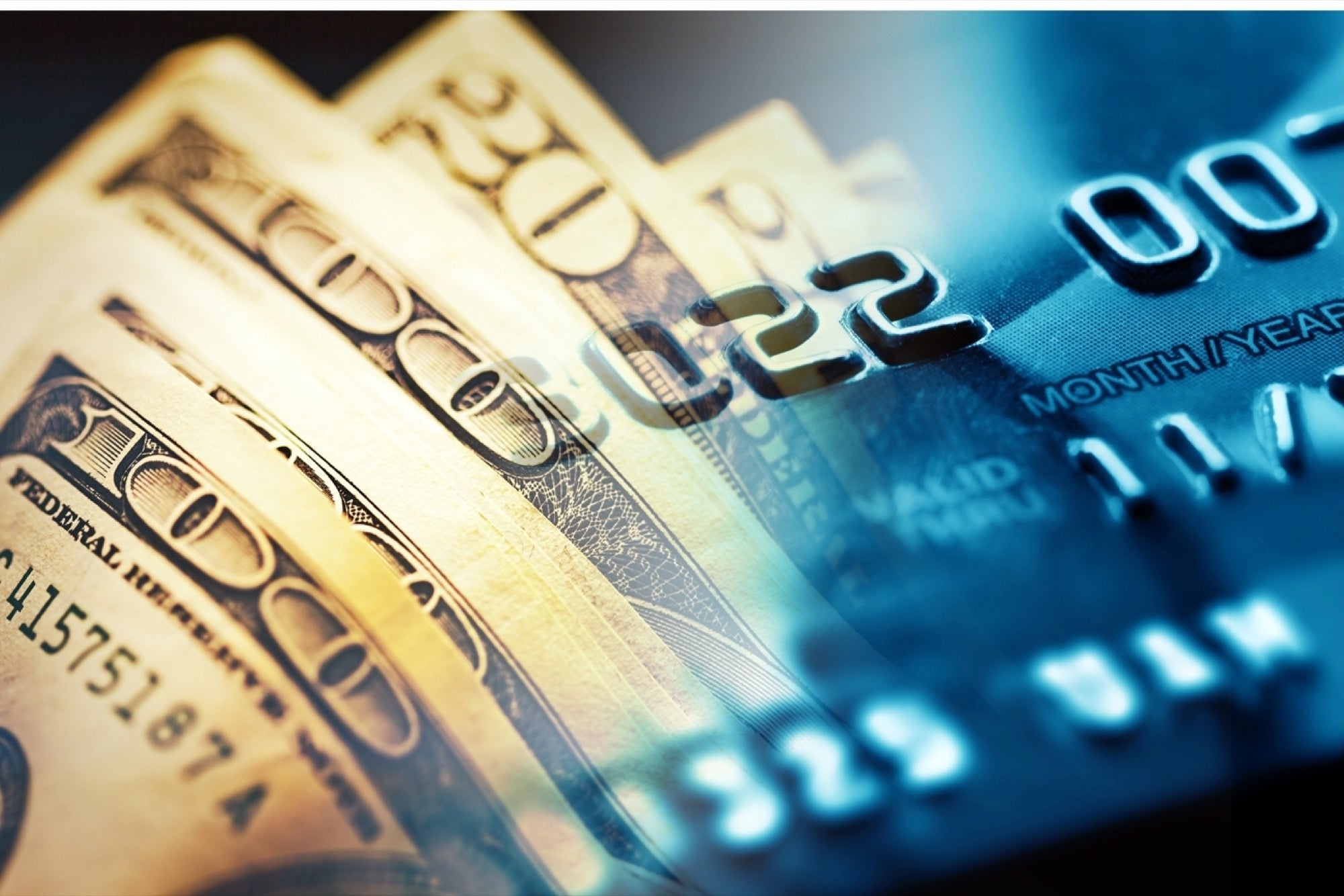4 Reasons Merchants Should Make the Switch to EMV Now Later this year, the more secure point-of-sale terminals will be required by law and most likely expected by consumers.
By Tyler Vaughey Edited by Dan Bova
Opinions expressed by BIZ Experiences contributors are their own.

You only need to turn on the news to know that fraud is an issue plaguing both consumers and businesses today. The almost-daily headlines serve as a reminder that customer information is highly coveted by hackers, with credit card information among the most valuable data they can steal. In 2013 alone, the cost of payment card fraud in the U.S. rose to $11 billion, according to Javelin Strategy & Research.
We've started to see changes to combat these issues. As we speak, major card issuers, including American Express, are issuing chip-enabled credit cards to their customers. Thanks to the chip technology, called EMV, these cards provide a higher level of security -- security that consumers may soon seek out at the point of sale.
But the enhanced security needs more than just the chip card. Merchants must also upgrade their point-of-sale (POS) terminals so they can accept the chip cards. Together, the chip card and the upgraded EMV terminal create the secure payment system that can help prevent counterfeit fraud, which is the majority of the fraud we see on our network.
Related: The $8.65 Billion Shift to New Credit Cards Won't Fix Security Issues
While larger retailers are taking the necessary steps to upgrade their POS terminals to EMV, U.S. small merchants remain far behind. According to a recent survey we conducted, more than one third of U.S. small merchants are unsure or do not plan to upgrade to EMV. They cite cost as the main reason.
This is a problem. Come October 2015, those who are without EMV-enabled systems may be liable for certain types of fraudulent credit card transactions at their locations. That means small merchants who don't have terminals that can accept the new, more secure cards, will leave their valued customers more vulnerable and their businesses potentially liable for fraudulent activity.
Fraud is a problem for merchants today, not just a risk for tomorrow. So in case you still need more convincing, here are four reasons why the transition to EMV should be on the top of your to-do list as a small merchant.
1. Fight the fraudsters
EMV cards are embedded with small, yet powerful, chips that create unique information for each transaction, making it much more difficult to steal credit card information to create counterfeit cards.
Small merchants must have an EMV-enabled POS system -- one that has a card insert slot and special software -- to process the chip. Together the chip card and chip-enabled terminal form a system that helps reduce counterfeiting, as well as prevent payment card fraud and its associated costs.
Related: Everything You Need to Know About Merchant Services
2. Do it for the customer
Small merchants that have the technology to accept chip-enabled cards will also provide a greater sense of security for their customers. As card issuers continue to distribute chip credit cards and education increases around their benefits, consumers will likely begin to prefer and even expect to use this safer method to make purchases. No merchant wants their customers to be afraid to use their credit cards in their stores.
3. Avoid liability costs
Starting in October 2015, businesses that do not have EMV-enabled systems may be held liable for certain types of fraudulent transactions. We know that every dollar counts to keeping a small business running and successful. Why put those dollars at risk when you can avoid the liability?
4. Take advantage of financial help
We understand that as a small merchant, you don't have the same type of financial resources as a large corporation does to upgrade systems and hire fraud experts. However, there are resources available from companies including American Express to assist small U.S. merchants in making the shift to EMV, both educational and financial.
There's no time like the present. Small merchants should take advantage of these resources now as part of their investment in a more secure future.
American Express conducted the research referenced above for its EMV Preparedness Survey, which polled 500 owners/managers of U.S. small businesses that accept credit cards in October 2014.
Related: PayPal Partners With Microsoft to Bring Its Card Reader to Windows Devices












